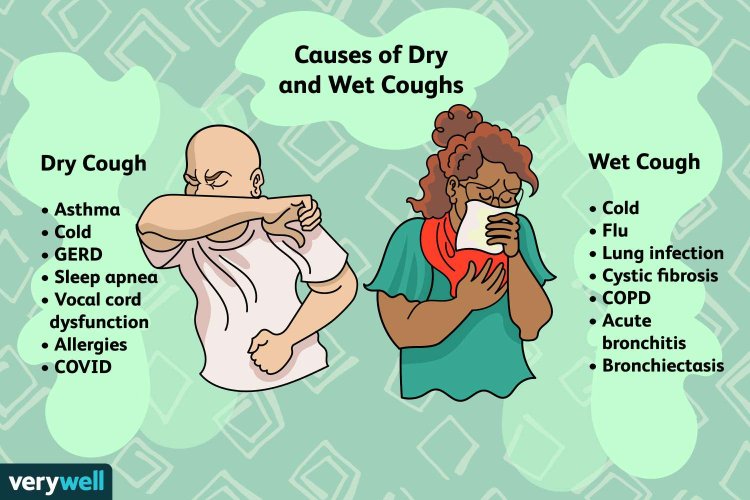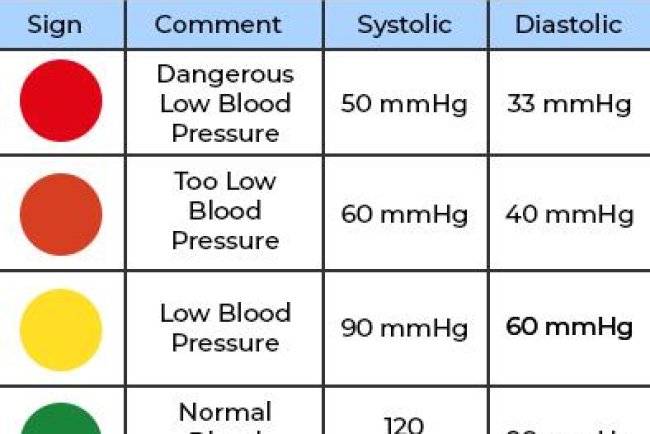Cough
Coughing is a reflex action that helps clear the airways of irritants, mucus, or foreign particles. It is a natural defense mechanism to prevent respiratory issues and maintain the health of the respiratory system. Coughs can be caused by various factors, and they can be acute (short-term) or chronic (lasting longer than eight weeks).

Types of Coughs:
-
Dry Cough (Non-productive):
- A cough that doesn't produce mucus or sputum.
- Often associated with irritation or inflammation.
-
Wet Cough (Productive):
- A cough that produces mucus or sputum.
- Common during respiratory infections to help clear the airways.
Common Causes of Cough:
-
Viral Infections:
- Common cold, flu, and other respiratory infections can lead to coughing.
-
Bacterial Infections:
- Infections such as bronchitis or pneumonia can cause coughing.
-
Allergies:
- Reactions to allergens like pollen, dust, or pet dander can trigger coughs.
-
Asthma:
- Chronic inflammation of the airways can result in coughing.
-
Gastroesophageal Reflux Disease (GERD):
- Stomach acid flowing back into the esophagus can cause a cough.
-
Environmental Factors:
- Exposure to smoke, pollution, or other irritants can lead to coughing.
-
Postnasal Drip:
- Excess mucus dripping down the throat from the back of the nose can cause coughing.
-
Medications:
- Some medications, especially ACE inhibitors, may cause a persistent cough.
-
Psychological Factors:
- Stress or anxiety can sometimes manifest as a chronic cough.
Home Treatment for Cough:
-
Stay Hydrated:
- Drink plenty of fluids to help soothe the throat and thin mucus.
-
Humidify the Air:
- Using a humidifier can add moisture to the air, relieving cough symptoms.
-
Rest:
- Allow your body to recover by getting adequate rest.
-
Cough Drops or Lozenges:
- These can help soothe a sore throat and reduce the urge to cough.
-
Honey:
- Honey mixed with warm water or tea may have a soothing effect on the throat.
-
Avoid Irritants:
- Stay away from smoke, strong odors, and other environmental irritants.
-
Over-the-Counter Medications:
- Cough syrups, decongestants, or antihistamines may provide relief. However, use them as directed and consult with a healthcare professional if needed.
When to Seek Medical Attention:
-
Persistent Cough:
- If a cough lasts longer than three weeks, it's advisable to consult a healthcare provider.
-
Severe Symptoms:
- If coughing is accompanied by severe symptoms such as difficulty breathing, chest pain, or high fever.
-
Underlying Health Conditions:
- Individuals with pre-existing health conditions like asthma or COPD should seek medical advice for persistent or worsening symptoms.
What's Your Reaction?














